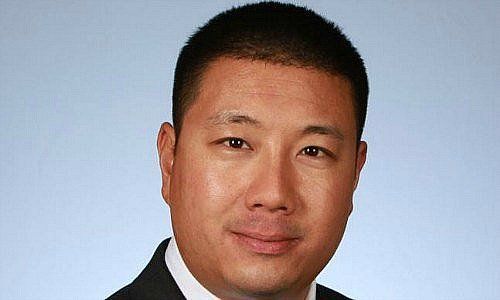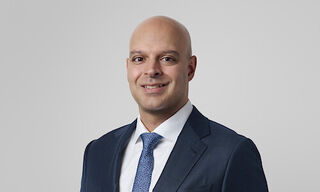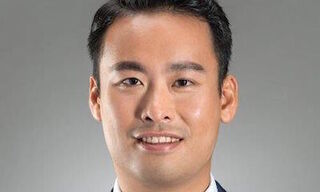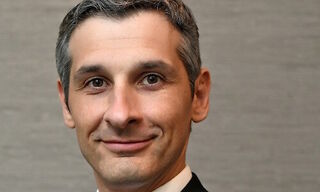The Swiss bank made an abrupt change to its trading unit following nearly $1 billion in write-downs earlier this year. Credit Suisse promoted the very investment banker who led the unit at the center of those losses.
The ouster of global markets head Tim O’Hara on Wednesday came suddenly, but not at all unexpectedly.
The American investment banker suffered a major setback in March, when the bank kissed off nearly $1 billion of inventory value following $633 million in markdowns for illiquid securities.
Acerbic Sendoff
CEO Tidjane Thiam’s sendoff for the 52-year-old veteran Credit Suisse equities and fixed income specialist ended on an acerbic note: «I am confident that these management changes that I have proposed and that have been approved by the Board of Directors of Credit Suisse Group will drive a continued improvement in the performance of our bank.»
O’Hara makes room for Brian Chin, a 39-year-old managing director in New York.
Blank Slate
Chin is a virtually blank slate for investors even though he has been with the bank since 2003, save for 2012 fundraising push – full of spelling and grammar mistakes – on behalf of presidential candidate Mitt Romney.
His most recent job was running Credit Suisse’s securitized product unit, which was merged into a larger credit unit when Thiam stepped up his strategy for scaling back the unit in March.
Familiar with Loss-Making Inventory
Chin is very familiar with how Credit Suisse accounted for its securitized products, according to a report from investment banking portal IFR – the very same unit where Credit Suisse’s racked up massive illiquid positions.
His unit was at the heart of a series of embarrassing blunders for Thiam: he initially said that some traders had breached limits set by the bank, a claim he was quickly forced to row back on when his chairman publicly contradicted him.
Thiam also called for a cultural change in Credit Suisse following the losses, threatening consequences for those responsible and deeming their behavior «unacceptable».
Other Consequences?
Thiam declined to name names, and it is unclear if any Credit Suisse bankers – besides eventually O’Hara – faced any consequences.
Chin certainly did not: together with David Miller, he was named co-head of a newly merged credit division within O’Hara’s global markets unit. In this position, the two reported directly to O’Hara until this week.
As for co-head Miller, the structured products unit he led at the time was also affected by the write-downs.
The long-time investment banker has a colorful past: he is the architect of a Credit Suisse product called a dividend capitalization loan.
Loans Blew Up
The sophisticated product was aimed at major real estate developers who would borrow based on inflation values of their property projects, then reap millions in dividends while risk was passed on to new investors organized by the Swiss bank.
Credit Suisse lined up more than $5 million of these loans in exclusive projects, such Idaho’s Tamarack resort and a Lake Las Vegas golf plan. The loans eventually blew up, investors lost billions and – predictably – sued the bank.
The bank will name a new co-head of credit alongside Miller following Chin's promotion to the top job, a spokeswoman said.
Wrong Signal
Miller’s promotion to another big job at Credit Suisse in March sent precisely the wrong signal about what behaviors Wall Street banks acknowledge and reward, renowned business author William D. Cohan wrote for the «New York Times» in June.
IFR also openly questioned the appointment of Chin and Miller in March, saying it had confounded observers. finews.ch also asked Credit Suisse what led to their promotion. The bank declined to elaborate beyond its statement.
Chin has now been skyrocketed into the Swiss bank’s top management echelon in place of O’Hara, where he leads 11,620 staff – a career move virtually unparalleled in recent Swiss banking history.




























